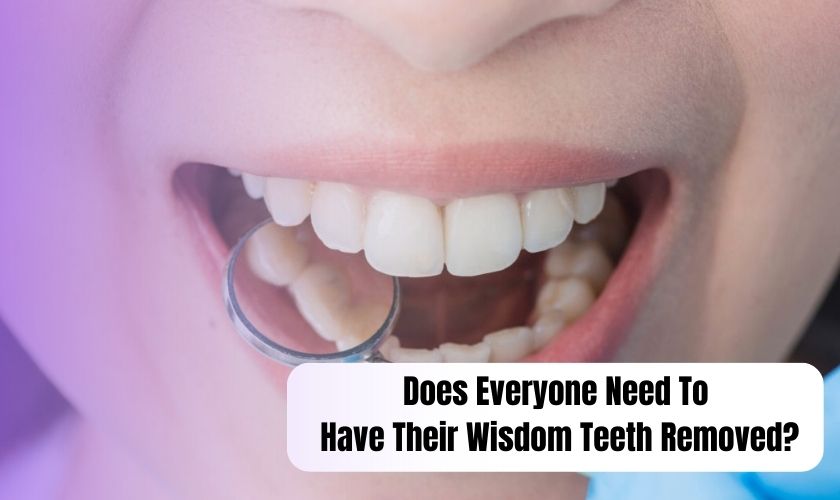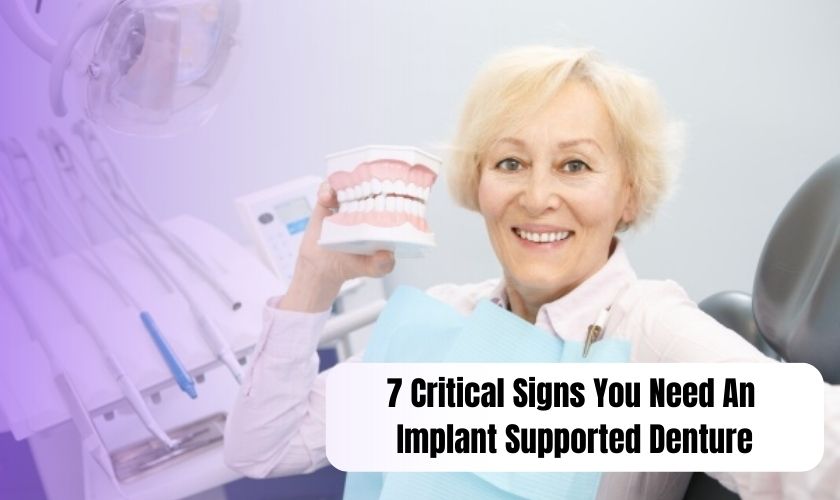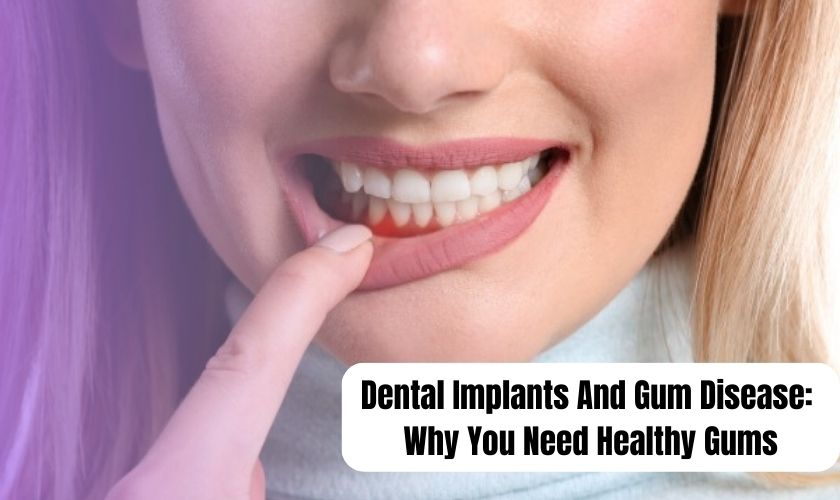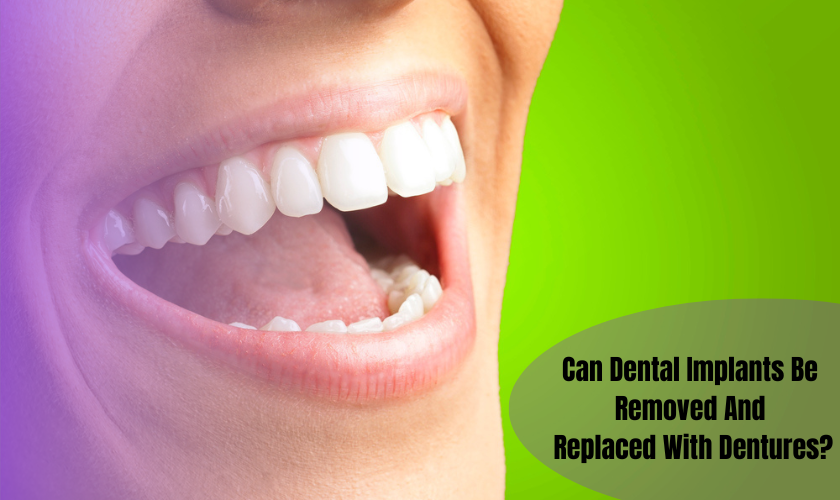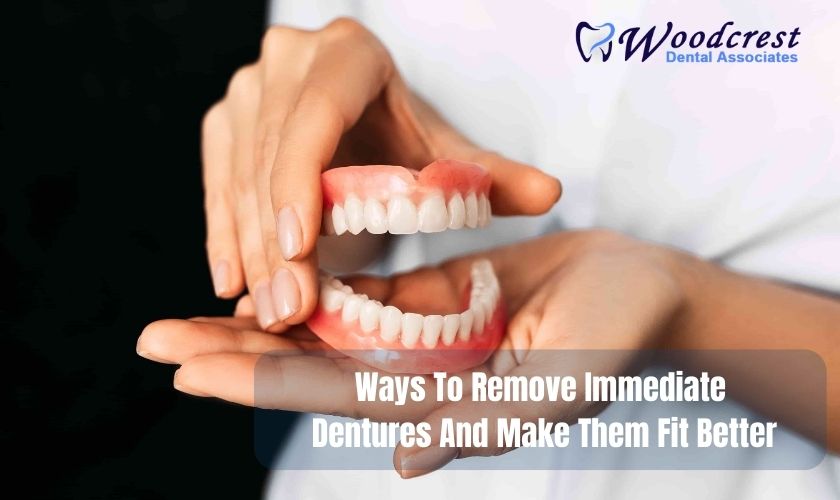A tooth extraction is a serious dental procedure, and it can be an intimidating experience for children, especially when combined with other fears of going to the dentist. Parents can make this process easier and less scary for their kids by providing support and guidance throughout the entire process. This article will discuss the best ways parents can help their kids through a teeth extraction.
Teeth extractions are a common dental procedure used to remove teeth that are damaged or decayed beyond repair. Unfortunately, these extractions may be necessary for young children, as cavities can form quickly in developing teeth due to inadequate oral hygiene habits. Fortunately, there are steps parents can take before, during, and after teeth extractions to help ensure their child’s comfort and safety.
Before the teeth extraction
Prepare your child beforehand
It is important to prepare your child for teeth extraction. Explain to them that it may be uncomfortable but reassure them that only a little time will pass before they feel better. Ask the dentist if they can provide distraction techniques such as toys, music, or videos during the procedure to help keep your child calm. Additionally, ensure the dental office is aware of any allergies or special medical needs your child has ahead of time.
Avoid food and drink beforehand
For teeth extractions to be successful and beneficial for children, parents must avoid giving their child food and drink before the scheduled teeth extraction. This ensures that the teeth extraction is done safely and without any complications.
Monitor your child’s emotional state
Parents need to pay attention to how their child feels emotionally leading up to the teeth extraction appointment. If your child shows signs of fear or anxiety, talk with them calmly, and make sure they feel comfortable going into their teeth extraction procedure.
During the teeth extraction
Stay with your child at all times
Parents must stay with their children during teeth extractions, as it can be a scary experience for young children. Allowing a parent to be present during teeth extractions can provide the child with support, comfort, and reassurance.
Follow your dentist’s instructions
Your dentist will have specific instructions for you to follow before and after teeth extractions, so you must listen carefully and adhere to their advice. This includes following directions about any medication or dietary changes needed and any extra oral hygiene measures that should be taken afterward.
Make sure your child gets rest
After teeth extractions, children must get plenty of rest to ensure proper healing and recovery. Offer comfort when necessary and ensure they are drinking enough fluids, so their mouths do not dry.
After teeth extraction
Monitor your child’s healing process
It is important to monitor your child’s teeth extraction site and ensure it is healing properly. Make sure they continue to adhere to the instructions given by their dentist and contact them if there are any problems.
Offer comfort and reassurance
It is normal for teeth extraction sites to be sore after the procedure. Ensure your child takes all prescribed medications as needed, and provide them with extra comforting items such as cold compresses or cuddly stuffed animals.
Follow-up teeth extractions
Your dentist may recommend follow-up teeth extraction appointments for your child to ensure that the teeth extraction site is healing properly. Make sure you schedule these appointments when necessary and bring your child back to their dentist for additional teeth extractions.
Final words
Teeth extractions are essential for children to ensure proper oral health. With the right preparations and aftercare practices, teeth extractions can be successful for parents and children.
FAQs
Yes, it is perfectly safe for a parent to be present during teeth extractions. Staying with your child during teeth extractions can be beneficial as it provides them with extra comfort and reassurance.
The amount of time teeth extraction will depend on the complexity of the procedure, but generally, they can take anywhere from 15 minutes to an hour.
The teeth extraction healing process can take several days or weeks, depending on the individual and the complexity of their teeth extractions. It is important to follow all instructions from your dentist for proper teeth extraction recovery.


